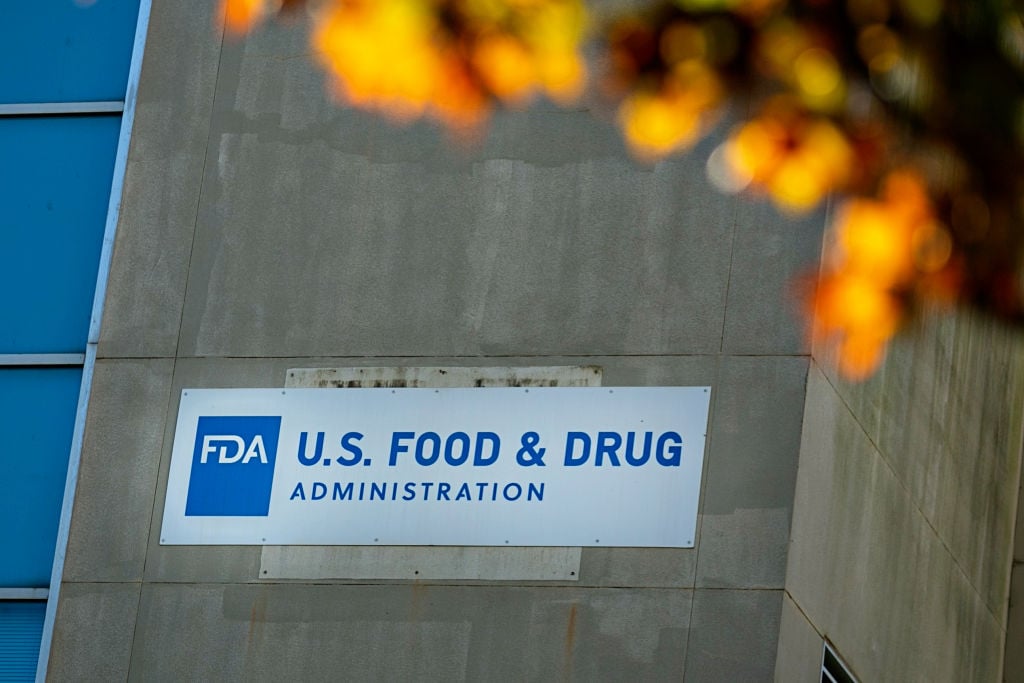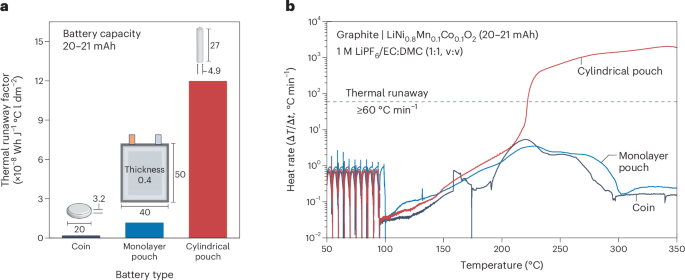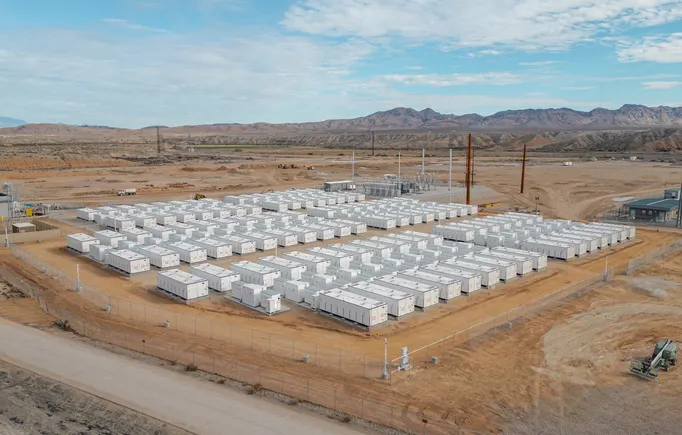FMCSA Rule Updates for 2025 and What Fleets Need to Know
With MC numbers disappearing, tougher English proficiency rules hitting drivers, broker transparency tightening and several regulations disappearing, fleets face challenges and opportunities. Here’s your essential guide to navigating trucking’s changing road ahead. The post FMCSA Rule Updates for 2025 and What Fleets Need to Know appeared first on FreightWaves.

As the trucking industry rolls into 2025, fleets face regulatory changes that could significantly impact their operations. From eliminating Motor Carrier (MC) numbers to establishing new requirements for driver qualifications, understanding these changes is crucial for maintaining compliance and ensuring smooth operations.
Effective Oct. 1, the Federal Motor Carrier Safety Administration will discontinue using MC numbers and consolidate carrier identification under USDOT numbers. This move aims to streamline the registration process and reduce fraud.
What this means for drivers and fleets: Carriers will need to ensure their USDOT number is up to date and used consistently across all documentation. This change simplifies the identification process but requires attention to detail during the transition period.
Medical Certification Process Changes
Starting June 23, certified medical examiners must electronically submit DOT exam results to the FMCSA’s National Registry, which will transmit them to State Driver Licensing Agencies (SDLAs). This change eliminates the need for drivers to carry paper medical certificates, reducing administrative burdens.
What this means for drivers and fleets: Drivers should verify that their medical certifications are recorded properly and in a timely manner with their SDLA or DMV to avoid potential issues during inspections or license renewals. Fleets should emphasize the best practice of pulling a motor vehicle report to ensure this process functions correctly.
Drug & Alcohol Clearinghouse II Implementation
As of Nov. 18, 2024, SDLAs have been required to downgrade the commercial driving privileges of drivers listed as “prohibited” in the Drug & Alcohol Clearinghouse, emphasizing the importance of compliance with substance testing regulations.
What this means for drivers and fleets: Drivers must ensure they comply with drug and alcohol testing requirements to avoid license downgrades. While the Clearinghouse does send out updates when a driver’s record changes, fleets should regularly check the Clearinghouse to monitor their drivers’ statuses.
English Language Proficiency Enforcement
A new executive order mandates that commercial drivers read and speak English well enough to understand road signs, communicate with officials and complete paperwork. Noncompliant drivers will be taken out of service on the spot, a shift from previous policies that issued warnings or citations.
What this means for drivers and fleets: Drivers should self-reflect, determine their level of English proficiency and seek necessary training. Fleets may need to provide language support or resources to ensure compliance for current drivers. For driver applicants, fleets need to determine objective guidelines for ensuring hired drivers are proficient.
Broker and Freight Forwarder Financial Responsibility
The FMCSA has extended the compliance date for certain provisions of the Broker and Freight Forwarder Financial Responsibility final rule to Jan. 16, 2026. This extension allows for implementing a new online registration system to accept filings and track notifications.
What this means for drivers and fleets: While this change primarily affects brokers and freight forwarders, carriers should stay informed about these developments, as they can impact business relationships and payment security.
Beneficial Ownership Information (BOI) Reporting Requirements
In March, the Financial Crimes Enforcement Network removed the requirement for U.S. companies and U.S. individuals to report beneficial ownership information under the Corporate Transparency Act. This change narrows the scope of reporting obligations to foreign entities only.
What this means for drivers and fleets: U.S.-based carriers are no longer required to submit BOI reports, reducing administrative tasks. However, foreign entities operating in the U.S. must still comply with these requirements.
Non-Domiciled Commercial Driver’s Licenses (CDLs)
The Department of Transportation reviews non-domiciled CDLs to identify unusual patterns or suspicious irregularities. This action follows concerns about the increasing number of non-domiciled CDLs and the need for consistent training and oversight.
What this means for drivers and fleets: Drivers with non-domiciled CDLs should ensure their credentials are valid and comply with FMCSA standards. Fleets employing such drivers must verify their qualifications and monitor regulatory developments.
The FMCSA has proposed new rules to enhance broker transparency. These rules require brokers to provide electronic records of transactions and disclose charges and payments within 48 hours upon request. This move aims to protect carriers from fraudulent practices and ensure fair compensation.
What this means for drivers and fleets: Carriers should know their rights to access transaction records and report discrepancies. Staying informed about these regulations can help prevent fraud and promote fair dealings.
Looking Ahead
The Trump administration’s emphasis on deregulation may influence future FMCSA rulemaking. For instance, there is legislative pushback against the proposed speed limiter rule, which would require speed limiters on commercial vehicles weighing over 26,000 pounds. A bill introduced in Congress aims to block the FMCSA from issuing this rule, reflecting the administration’s deregulation.
The FMCSA’s Truck Leasing Task Force also recommended banning lease-purchase agreements between carriers and drivers, citing concerns over financial hardship and exploitative practices. While this recommendation awaits legislative action, it underscores the agency’s focus on protecting drivers’ interests.
What this means for drivers and fleets: Carriers should monitor legislative developments affecting operational requirements. Understanding potential changes allows for proactive adjustments to business practices.
As 2025 and the next four years of an administration focused on deregulation and smaller government unfold, fleets need to stay informed about regulatory changes and potential shifts in policy direction. Engaging with industry resources, participating in public comment periods and adapting to new compliance requirements will be crucial for maintaining successful operations in the evolving landscape of trucking regulations.
The post FMCSA Rule Updates for 2025 and What Fleets Need to Know appeared first on FreightWaves.


















































































































































